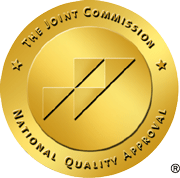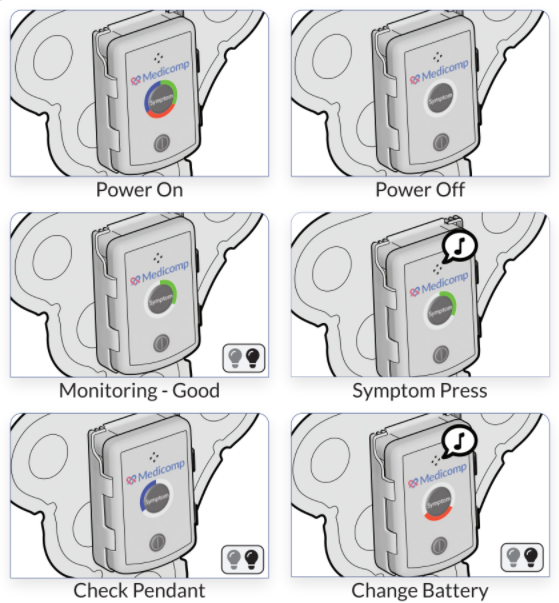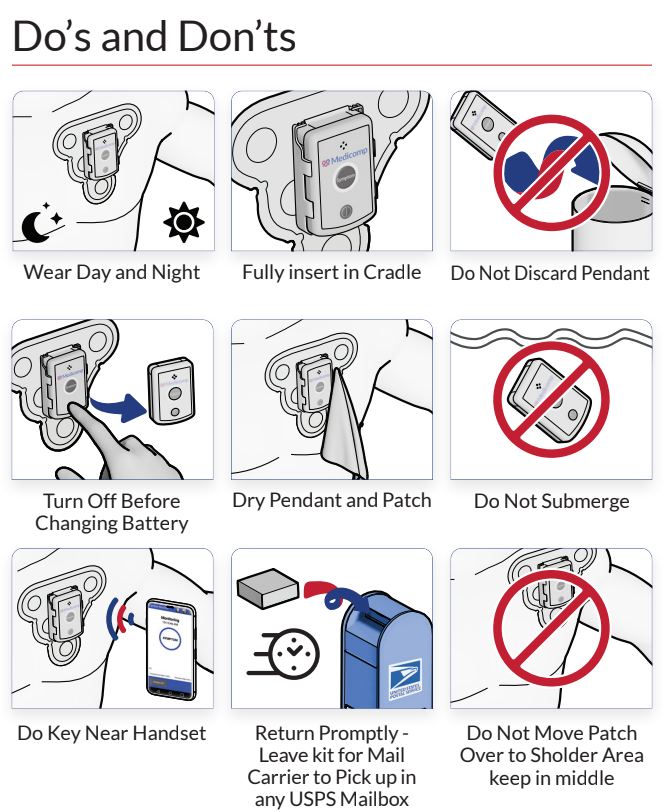Stress comes naturally to everyone, but it is not wise to ignore it just because it’s common. High blood pressure, chest pains, and heart disease are among many physical problems that can result from stress. Even though there aren’t any definitive reasons how stress makes heart disease more prevalent, there are many issues that lead to heart disease through stress, and the use of ambulatory heart monitors help doctors see how that stress is affecting patients.
Increased blood pressure is a symptom of stress, and adrenaline and cortisol are stress hormones that rise through ongoing stress. Doctors think that could be one of the main factors as to why stress puts person’s heart at risk.
There are multiple reasons why people experience stress. Constant changes in life situations that require a person to adjust or adapt to an unwanted change can cause stress, as well as changes that affect people personally or physically. The best way to try and overcome stress is by knowing what is causing you stress. Once the causes of stress are identified, it makes it easier to deal with that stress. Some triggers of stress are:
- too much work
- moving
- a death in the family
- money problems
- issues that occur throughout daily life
After a prolonged exposure to stress, alarms are sent by the body to let the person know something isn’t right. These alarms can come in many different ways, whether they’re physical, mental, how you behave, and how you feel. No matter how your body is warning you, none of these signs should be taken lightly and never be ignored. The body is telling you to take it easy and if this isn’t done, your body is more susceptible to heart disease, along with many other health issues.
If you or someone you know is experiencing stress, it may be time to invest in an ambulatory heart monitor. With the assistance of the monitor, doctors will know what your heart is experiencing from the data it receives. Any issues that arise will be considered by doctors and determine whether the problem is serious or not. If you are interested in learning more about ambulatory heart monitors and how they can help you, call ReactDx at 800-24-HEART.



